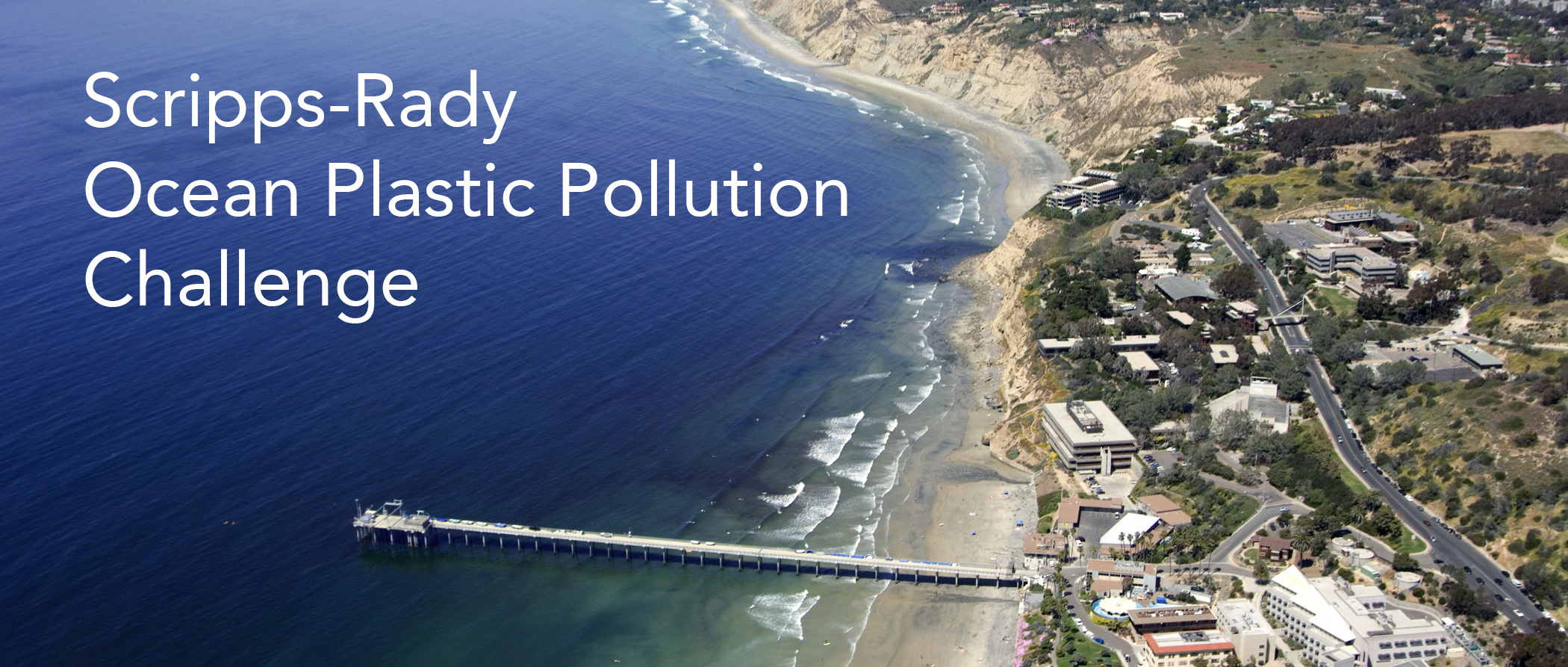
SCRIPPS-RADY OCEAN PLASTIC POLLUTION CHALLENGE
Blog Post: January 15, 2021

"Homegrown" Talent Tackle Ocean Plastic
By Charlotte Stevenson
January 15, 2021
University of California San Diego itself claims that it “makes changemakers,” and this week’s kick-off of the Scripps-Rady Ocean Plastic Pollution Challenge is no exception to that claim. Of the almost 300 applications from 28 countries, 22 U.S. states and territories, 29 were selected for the full program, and six are UC San Diego students or alumni.
The Scripps-Rady Ocean Plastic Pollution Challenge is a partnership between two UC San Diego Centers, the Center for Marine Biodiversity and Conservation, Scripps Institution of Oceanography and the Center for Social Innovation and Impact (CSII) at the Rady School of Management, UC San Diego. Together, these Centers are working towards systemic solutions that end the plastics problem, not just clean up the problem that exists today.
As the CSII states in its vision, “good intentions are not enough.” This team-based, competitive Challenge will push the participants over the next 6 months to be innovative, even radical, and to cooperate across sectors that often do not cross-pollinate. In her welcoming remarks to the program participants this week, Rady Dean Lisa D. Ordóñez asked them to remember, “that no one discipline can solve the problem of marine plastic pollution...very different perspectives are very important here.”
Rady alumna Chiara Dorigo worked on several multidisciplinary projects during her MBA, including one automating greywater recycling at the residential scale. Now Chiara is a Senior Associate at Schaffer&Combs in San Francisco working at the cross-section of social impact and innovation, and she still draws from her foundational experience at Rady. “My time at Rady taught me how to break down and methodically address complex problems, question my assumptions, test my hypotheses, engage the right stakeholders, and find my voice in a group...all of which I hope and believe have prepared me to engage with my team productively for this Challenge.”
Lauren Hackney, a current MBA candidate at Rady, is part of the Challenge team which will focus on San Diego's capacity and desire for preventing ocean plastic pollution. Lauren is also concerned about the recent increases in single use plastics due to the COVID-19 epidemic. “I am interested in learning how we can continue the plastic pollution efforts while also ensuring our communities remain safe from the virus,” she says. Lauren believes that her time at Rady has prepared her well for this type of interdisciplinary challenge. At Rady “we all come from different industries and backgrounds and we are able to use our strengths to our advantage and forge cross functional solutions together.”
William Quinn, another current Rady MSBA candidate, is a member of the Challenge’s team focused on data and mapping. “I am very excited about the prospect of applying what I have learned so far in the MSBA program at Rady to an environmental cause, more specifically protecting the ocean, which has always been a significant part of my life,” says William. “Being in an accelerated analytics program is rigorous work, but at the same time, it associates me well with a variety of tools that will be useful for this Challenge.”
The Center for Marine Biodiversity and Conservation (CMBC) at Scripps Institution of Oceanography at UC San Diego also brings alumni and current talent to the Challenge. One of the goals of CMBC is to manage the use of ocean ecosystems “in the face of rapid and inevitable global change.” Interdisciplinary work is a cornerstone of the Center as it’s researchers and students seek solutions to real-world problems. Margaret Leinen, Director, Scripps Institution of Oceanography and Vice Chancellor of UC San Diego, applauded participants in her welcoming remarks for their diversity of expertise and echoed Dean Ordóñez that “a single strategy or a one size fits all approach will not solve the problem.”
CMBC Masters of Advanced Studies in Marine Biodiversity and Conservation alumna, Lisa Gilfillan, now works as the Ocean Conservation and Education Coordinator for WILDCOAST, a San-Diego based non-profit. Lisa works on the issue of the flow of pollution into the Tijuana River Valley, and she is hoping that her team will be able to deliver “feasible, outside the box solutions to this local challenge.” Lisa’s interest in marine plastic pollution began during her time at Scripps, when she was tasked with quantifying bits of plastic from the stomachs of plankton under a microscope. Lisa says that looking at those samples over a 30 year timescale “solidified that plastic pollution wasn't a "new" problem, it was widespread throughout the ocean, and there was no end in sight.”
Kara Wiggin is a current Ph.D. candidate at Scripps studying the effects of microplastic pollution on marine organisms. Kara has already begun asking the hard questions: “How do we get people to care? How do we get the public to support the structural changes necessary to address this issue?” Although Kara comes from a scientific perspective, she is looking forward to collaborating as with the diverse group of applicants in the Challenge. “I believe that a more diverse group is able to develop more creative and effective solutions,” says Kara, “and I am looking forward to seeing what we can learn and develop over the course of this challenge.”
UC San Diego can also boast of Challenge finalist, Adam Mihalik, a quantitative strategist who received his Ph.d. in the interdisciplinary Computational Science, Mathematics, & Engineering program at UC San Diego in 2014. Adam believes the program helped him develop an analytical toolset to solve problems across a diverse set of domains.
The Challenge also welcomes an additional 21 outstanding individuals to participate in the short-course component of the program only. These include current Scripps Masters of Advanced Studies in Climate Science and Policy student Jack Weil, and current Scripps Masters of Science Student Mary Liesegang. Scripps Masters of Advanced Studies in Biodiversity and Conservation alumna Emily Parker, Coastal and Marine Scientist at Los Angeles based non-profit, Heal the Bay; and Fawn Liebengood, Founder and Executive Director, Blue Ocean Warriors, will also be attending the short course this winter. In addition, UC San Diego alum, Karla Reinhardt, a Senior Technical Writer for SpaceX, and current UC San Diego undergrad, Sierra Byrne, will be participating.
UC San Diego’s vision is to “prepare the next generation of global leaders to channel their passions into driving innovation, fueling economic growth and making our world a better place.” UC San Diego and it’s institutes and schools like Scripps and Rady should be very proud of the “homegrown” talent they have seeded and encouraged to grow. Chiara, Lauren, William, Lisa, Kara and Adam are well prepared for the Scripps-Rady Ocean Plastic Pollution Challenge and we look forward to their contributions to this global issue.
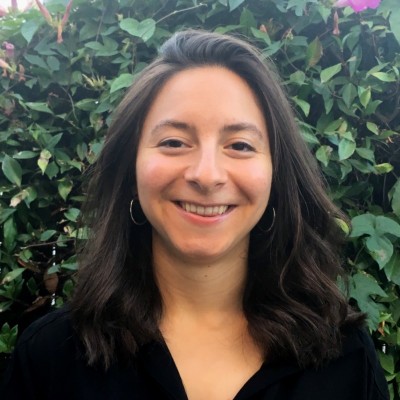
Chiara Dorigo, Rady School of Management alumna.
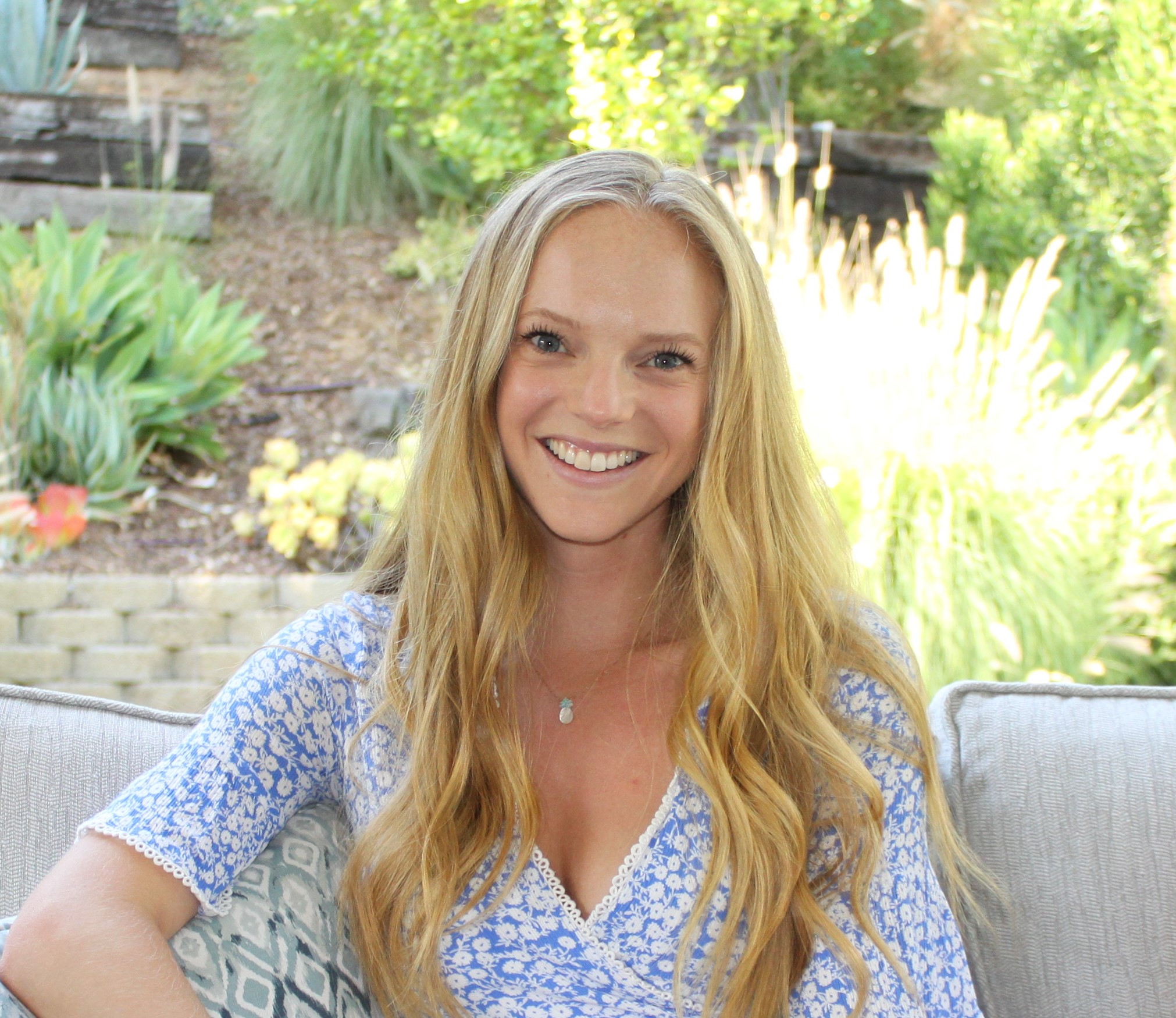
Lauren Hackney, current MBA candidate at Rady School of Management.
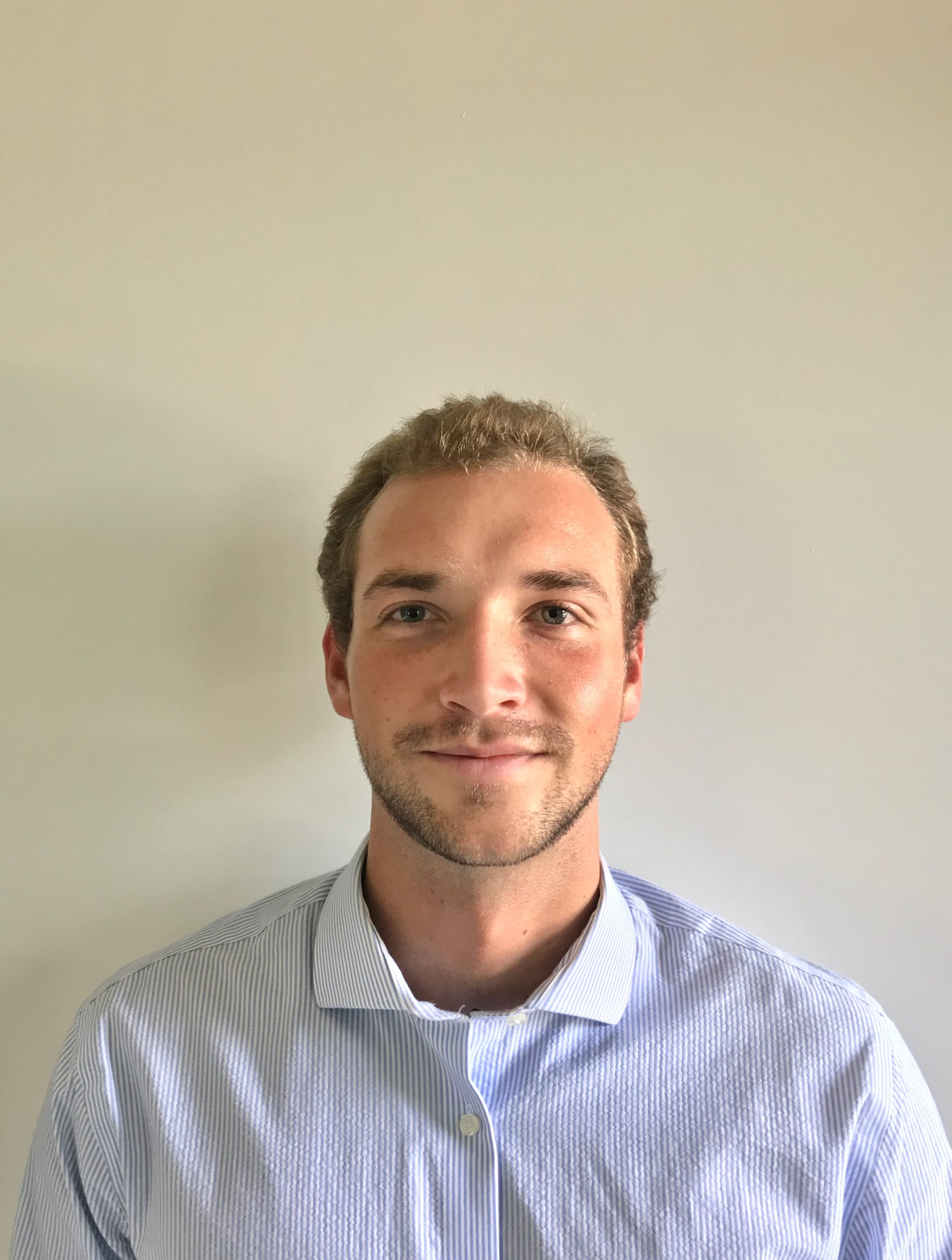
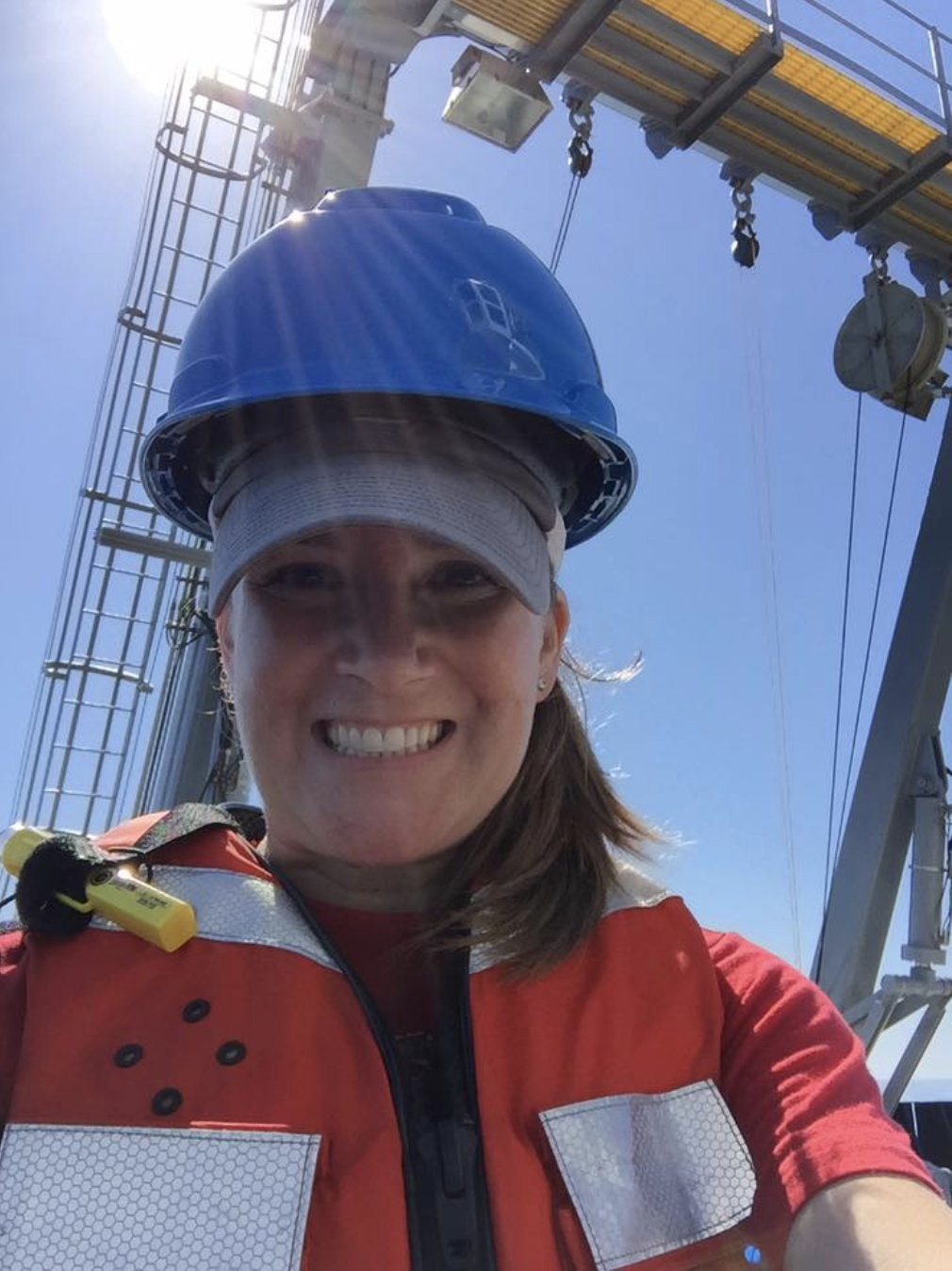
Lisa Gilfillan, CMBC Masters of Advanced Studies alumna.
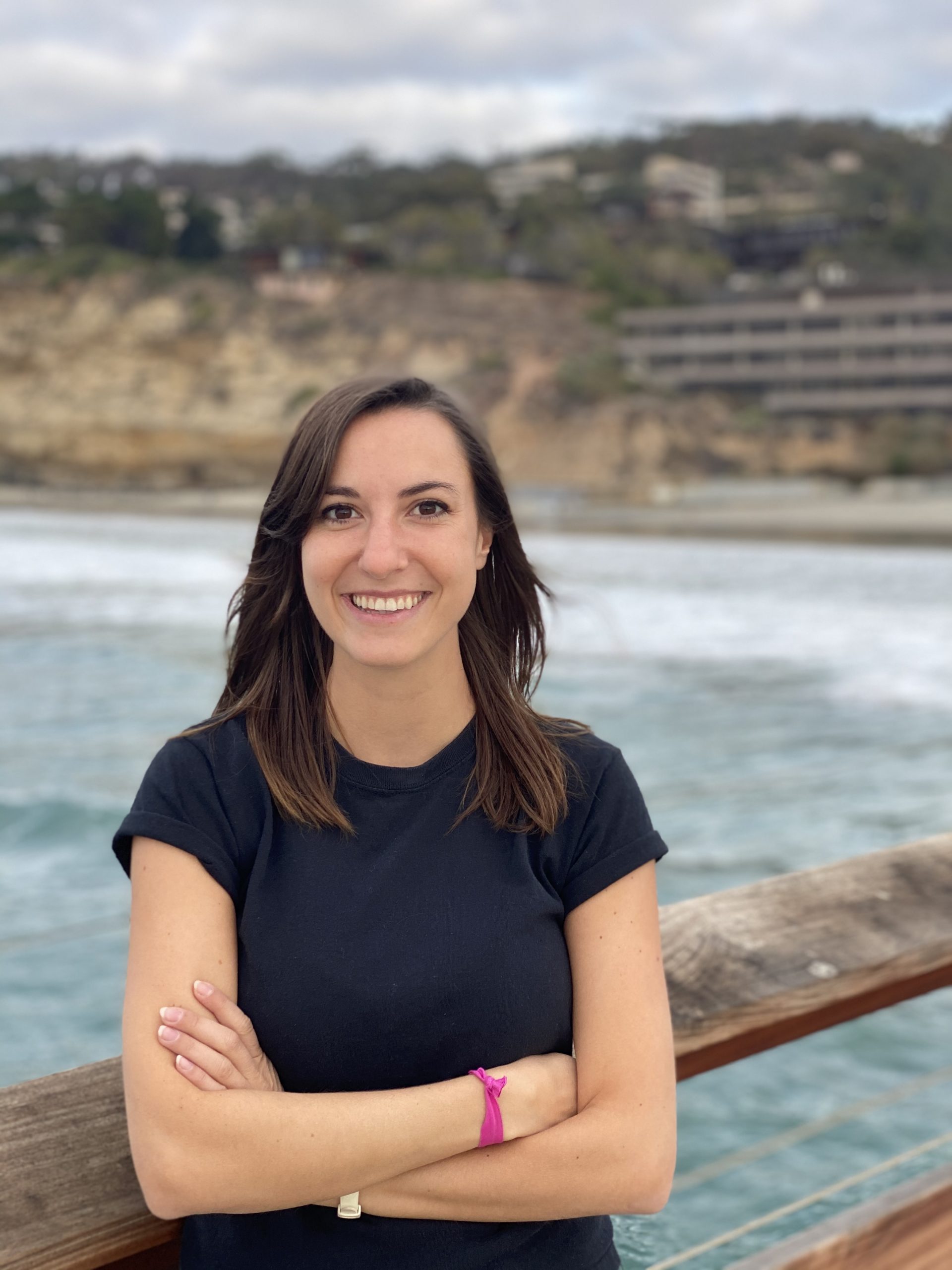
Kara Wiggin, current Ph.D. candidate at Scripps Institution of Oceanography.
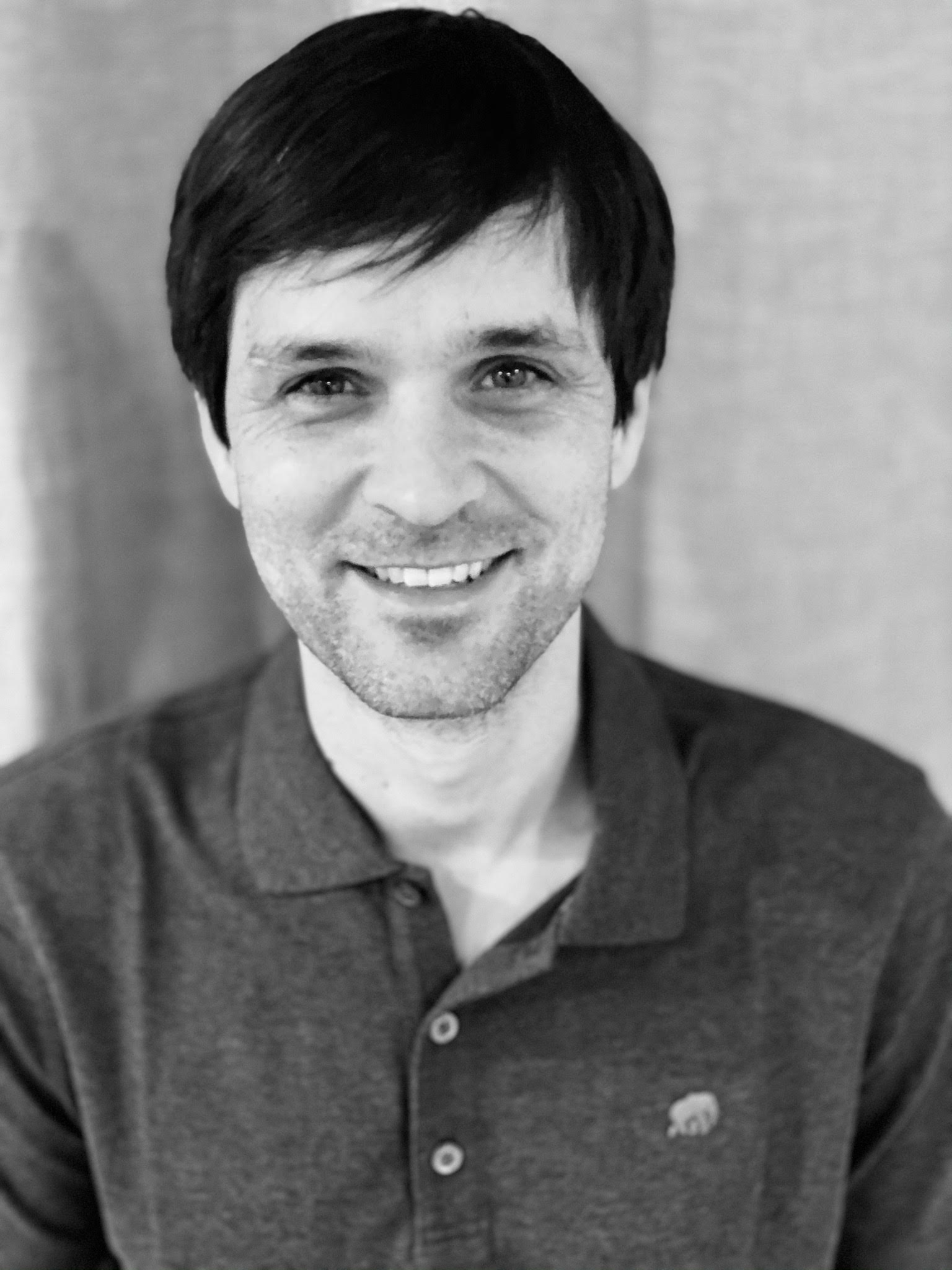
Adam Mihalik, UC San Diego alumn.

